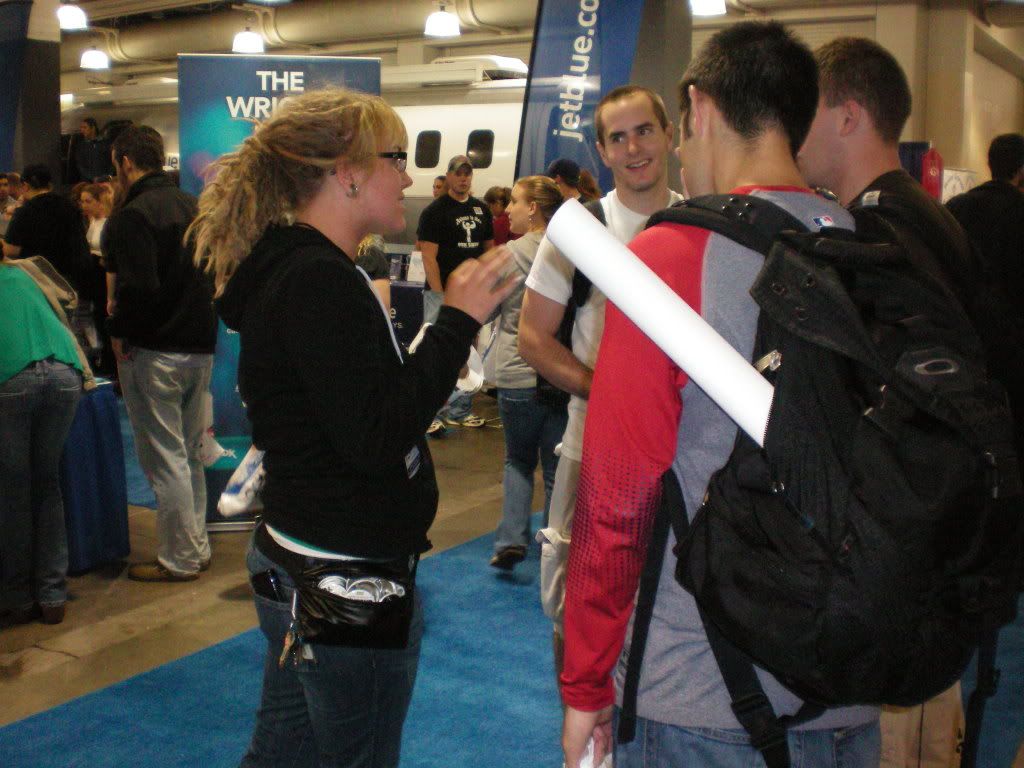
© Harish Jharia
I think we should be prepared in the following main fields for being confident in a personal interview for a job:
- Theoretical knowledge of your subject
- Practical / applied knowledge of your subject
- Basic information about the employers and their activities
- General awareness
- Knowledge on current affairs
- Mental preparedness
I would site a crude example of a virtual piece of interview for expressing myself yet more clearly:
- If they ask you- what’s 10 divided by 2…?
- You say- 10 divided by 2 is equal to 5.
- They cross-question- what do you mean by dividing the number 10…? Is it cutting the number in pieces, as if you cut an apple in to 2 pieces with the help of a fruit knife?
- (The board member diverts your attention from the real concept of division… they would give you a piece of paper and ask you to explain on paper if you can…)
- You might make a circle for apple on the paper, cutting it along its centre and drawing another two resultant semicircles alongside.
- (here you have divided a unit into two subunits)
- You should rather draw 10 small circles for 10 apples on the paper and then divide the bunch into 2 equal bunches of 5 each… for explaining 10 divided by 2.
Take an example of the term ‘center of gravity’; the board members may ask about it, applied on different and diverse applications. They may put forward its application from designing motor vehicles to the action of lifting a weight by humans.
- They might ask- what is the role of ‘centre of gravity’ played while designing the ‘ground clearance’ of motor vehicles.
- Here you have to be proficient in explaining as to what is the relation between ‘centre of gravity’ and ‘ground clearance’ and their resultant effect on the ‘stability’ of the vehicle while moving straight and turning side-wards or turning around.
- Why do you want to join this organization?
- How do you think yourself fit for a job with this organization?
- Tell us something about you… whatever
General Awareness: The latest trend in conducting personal interviews in the job market is the diversified field of ‘general awareness’. The questions asked in this field are from a different field than that of yours. These questions are usually connected to your day-to-day life. The questions might be something like the following:
- Why are there separate electric circuits of house wiring like power line and 5amps line?
- What’s the difference between Watts and Volts?
- What’s the basic difference between Virus and Bacteria?
- Why are there 3 / 4 / 5 gears in motor bikes / vehicles; and can we do away with them?
Mental Preparedness: Your confident presentation, your posture, speech, diction, responses, gestures and basic cool depends on your mental preparedness. You need not go for any meditation classes or psychotherapy for this. You should rather learn various correct actions in these departments.
In all I would say- “You must know as to what exactly you are supposed to do.” Just read the following:
- You should look confident; neither overconfident nor subdued
- You should have a cheering face; neither ear-to-ear smiling nor gloomy
- You should make eye contact with asking member: neither looking aggressively into his eyes nor through corners of your eyes
- Your voice should be confident and loud enough for the member to hear
- Address the member with ‘Sir”; and not ‘gentleman’ while speaking
- Never start your sentence with ‘well’ or ‘OK’
- While speaking, take your own time; don’t make haste to finish your sentence; break your sentence in 2-3 pieces and use your own casual and usual pronunciation and accent (you should know the difference between ‘Pronunciation’ and ‘Accent’)
- Don’t use slang trying to be funny and speak ‘Hinglish’ words like funda, psycho, etc
- Keep making controlled and decent gestures with your hands, head and face expressions
- Listen carefully the question asked by the member; never hesitate to ask it again if you miss any piece of his speech and don’t understand him
- Never try to outsmart or outclass the board members and try to dominate the board
npad

No comments:
Post a Comment